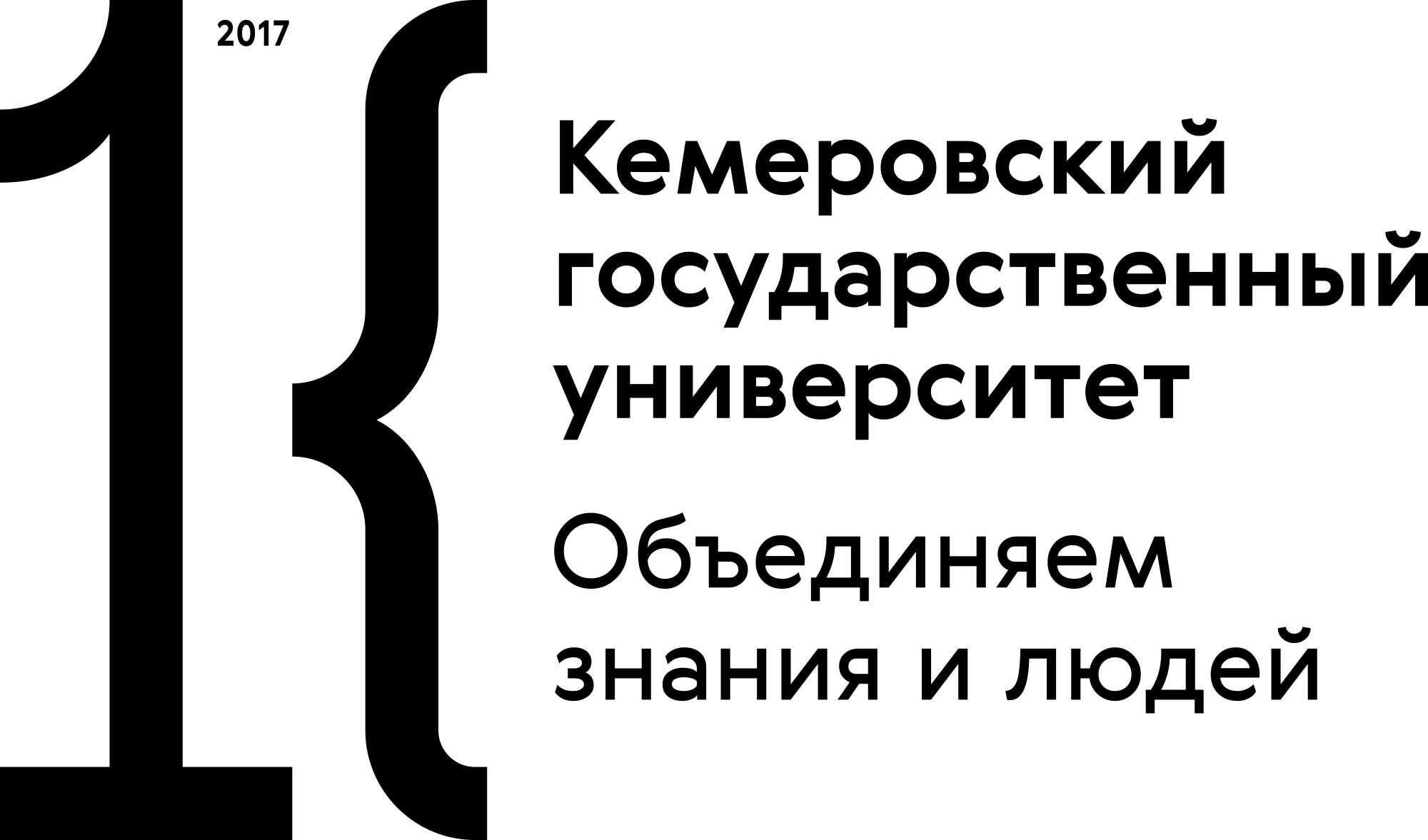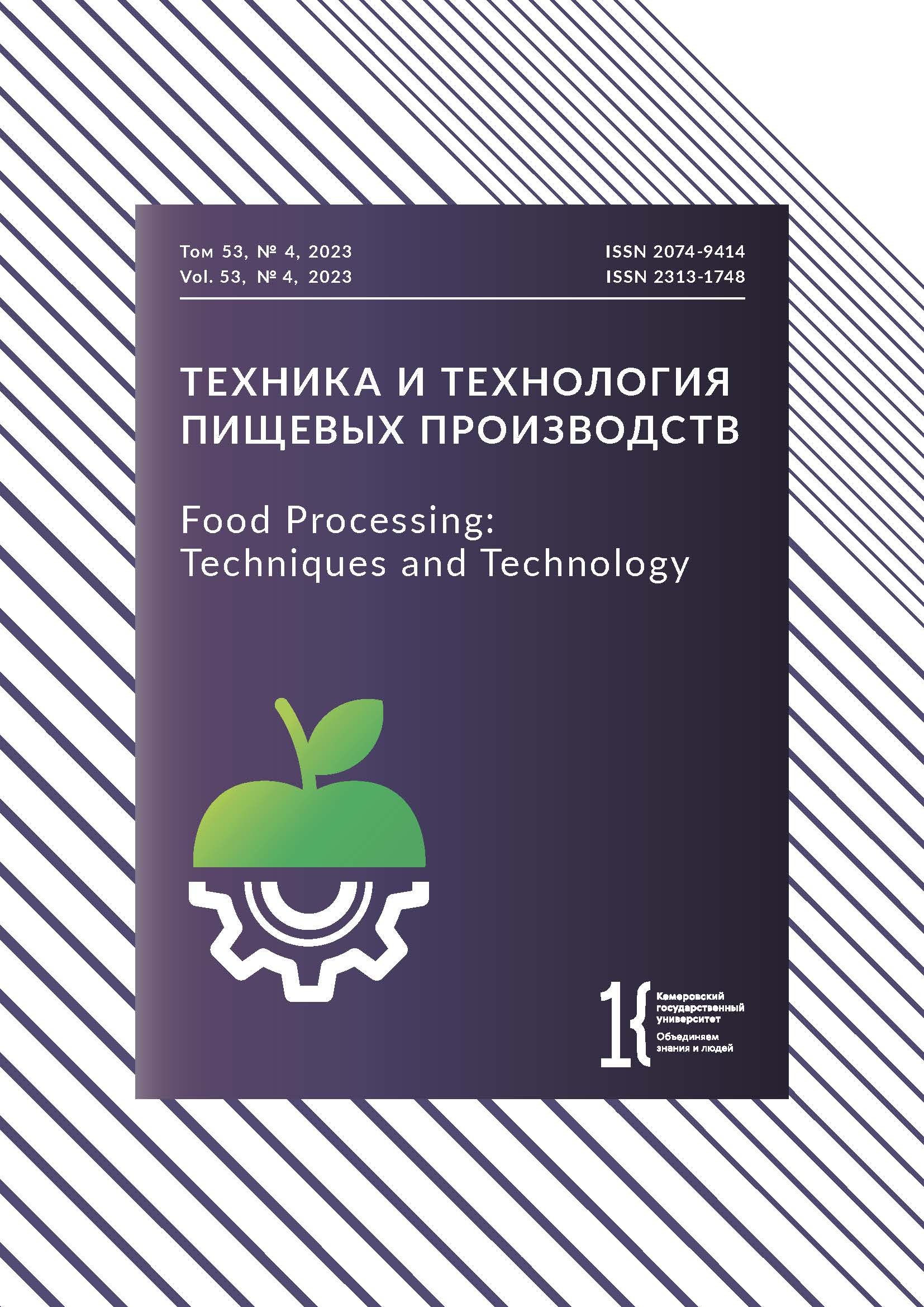Novokuznetsk, Russian Federation
All agricultural facilities in Russia are currently going through digital transformation. However, the process needs a unified approach for the entire agricultural sector. Neural network methods have already proved extremely effective in various areas of IT. The authors used neural networks to analyze statistic data and assess the performance of agricultural infrastructure. This study involved technical data from the production cycle of agro-industrial enterprises, namely packaging and greenhouses. The data obtained were analyzed using artificial neural networks. The procedure included identifying a set of factors that described an agro-industrial complex or some of its properties that corresponded to a specific task. These data were used in planning and making managerial decisions. The program identified five factors that described the state of an agricultural enterprise. These factors were used to build a model while its elements served as output data for the neural network. The model calculated the future state of the object. Trials were run on a limited data set on a multilayer perceptron. The neural network showed reliable results for a small data set. The root mean square error of was 0.1216; the mean modulus deviation was 0.0911. In this research, modern neural network technologies demonstrated good prospects for the domestic agro-industrial complex as a method of control, management, and dispatching. However, specific operational patterns require further studies.
Neural networks, machine learning, multilayer perceptron, statistics, forecasting, models, agriculture, equipment
1. Shutkov AA, Anishchenko AN. The future of artificial intelligence, neural networks and digital technologies in agriculture. Economics and Society: Contemporary Models of Development. 2019;9(4):508-522. (In Russ.). https://www.elibrary.ru/RVWTTQ
2. Pogonyshev VA, Pogonysheva DA, Torikov VE. Neural networks in digital agriculture. Vestnik of the Bryansk State Agricultural Academy. 2021;87(5):68-71. (In Russ.). https://doi.org/10.52691/2500-2651-2021-87-5-68-71
3. Rogov MA, Dubovickiy AA. The prospect of using neural networks in the agro-indusrial complex market. Science and Education. 2022;5(2). (In Russ.). https://www.elibrary.ru/BTXLPN
4. Galanina OV, Zolotaryova YuP. Feedforward neural network in the study of agricultural economics. Izvestia MAAO. 2021;(56):61-64. (In Russ.). https://www.elibrary.ru/HPXPMD
5. Yurchenko IF. Digital systems integration into agriculture within the reclaimed lands. International Technical and Economic Journal. 2020;(4):73-80. (In Russ.). https://doi.org/10.34286/1995-4646-2020-73-4-73-80
6. Polenov DYu. Artificial intelligence in regulating the productivity of agricultural objects. Vestnik of Voronezh State Agrarian University. 2021;14(1):46-51. (In Russ.). https://doi.org/10.53914/issn2071-2243_2021_1_46
7. Ivashkin YuA, Nikitina MA. Agent and neural network technologies in situational modeling of technological systems. Mathematical Methods in Technique and Technologies - MMTT. 2018;1:123-128. (In Russ.). https://www.elibrary.ru/XWERDN
8. Vahrameev RA, Tolmachev MN, Afanasiev VN. Using a neural network to forecast prospects for the development of the agro-industrial complex of the Russian Federation. Vestnik of Samara State University of Economics. 2020;187(5):52-58. (In Russ.). https://doi.org/10.46554/1993-0453-2020-5-187-52-58
9. Digitalization of agricultural production in Russia in 2018-2025 [Internet]. [cited 2023 Aug 05]. Available from: https://agrardialog.ru/files/prints/apd_studie_2018_russisch_fertig_formatiert.pdf
10. Mak-Kallok US, Pitts V. Logical calculus of ideas relating to nervous activity. In: Shennon KEh, Makkarti Dzh, editors. Automatic machines. Moscow: Izdatelʹstvo inostrannoy literatury; 1956. pp. 363-384. (In Russ.).
11. Lekun Ya. How a machine learns. Revolution in neural networks and deep learning. Moscow: Alʹpina PRO; 2021. 335 p. (In Russ.).
12. Kartechina NV, Dorokhova AM, Abaluev RN, Shatskiy VA, Gushchina AA, Chirkin SO.Types of neural networks and their application. Science and Education. 2021;4(3). (In Russ.). https://www.elibrary.ru/HMFMXV
13. Timofeev MG, Babaytsev AV, Nikonorova LI. Artificial intelligence in agriculture. Science and Education. 2020;3(4). (In Russ.). https://www.elibrary.ru/HGGVDR
14. Yurchenko IF. The development prospects for automatic control systems of agricultural production on reclaimed lands. Scientific Journal of Russian Scientific Research Institute of Land Improvement Problems. 2019;36(4):164-177. (In Russ.). https://doi.org/10.31774/2222-1816-2019-4-164-177
15. Ilishev AP, Tolmachev OM.Artificial intelligence and neural network technologies in a digital platform for the breakthrough development of the Russian agricultural sector. Economics and Society: Contemporary Models of Development. 2019;9(4):492-507. (In Russ.). https://www.elibrary.ru/CUUFOV
16. Torikov VE, Pogonyshev VA, Pogonysheva DA, Dornyh GE. State of digital transformation of agriculture. Bulletin of the Kursk State Agricultural Academy. 2020;(9):6-13. (In Russ.). https://www.elibrary.ru/CONNGK
17. Windsor FM, Armenteras D, Assis APA, AstegianoJu, Santana PC, CagnoloL, et al.Network science: Applications for sustainable agroecosystems and food. Perspectives in Ecology and Conservation. 2022;20(2):79-90. https://doi.org/10.1016/j.pecon.2022.03.001
18. Petrescu I-E, Ignat R, Constantin M, Istudor M. Risk management of agri-food value chains - Exploring research trends from the web of science. In: Dima AM, Kelemen M, editors. Digitalization and big data for resilience and economic intelligence. Cham: Springer; 2022. pp. 55-66. https://doi.org/10.1007/978-3-030-93286-2_4
19. Grachev AV, Kiseleva TV, Koynov RS, Dobrynin AS. Method of estimation of intermediate nodes of data transmission for routing hierarchical networks with different topologies. Proceedings of Voronezh State University. Series: Systems Analysis and Information Technologies. 2015;(1):32-38. (In Russ.). https://www.elibrary.ru/TSZJPX
20. Tokarev KE, Rudenko AYu, Kuzmin VA, Chernyavsky AN. Theory and digital technologies of intellectual support for decision-making to increase the bio-productivity of agroekosystems based on neural network models. Proceedings of Lower Volga Agro-University Complex: Science and Higher Education. 2021;64(4):421-440. (In Russ.). https://doi.org/10.32786/2071-9485-2021-04-42










